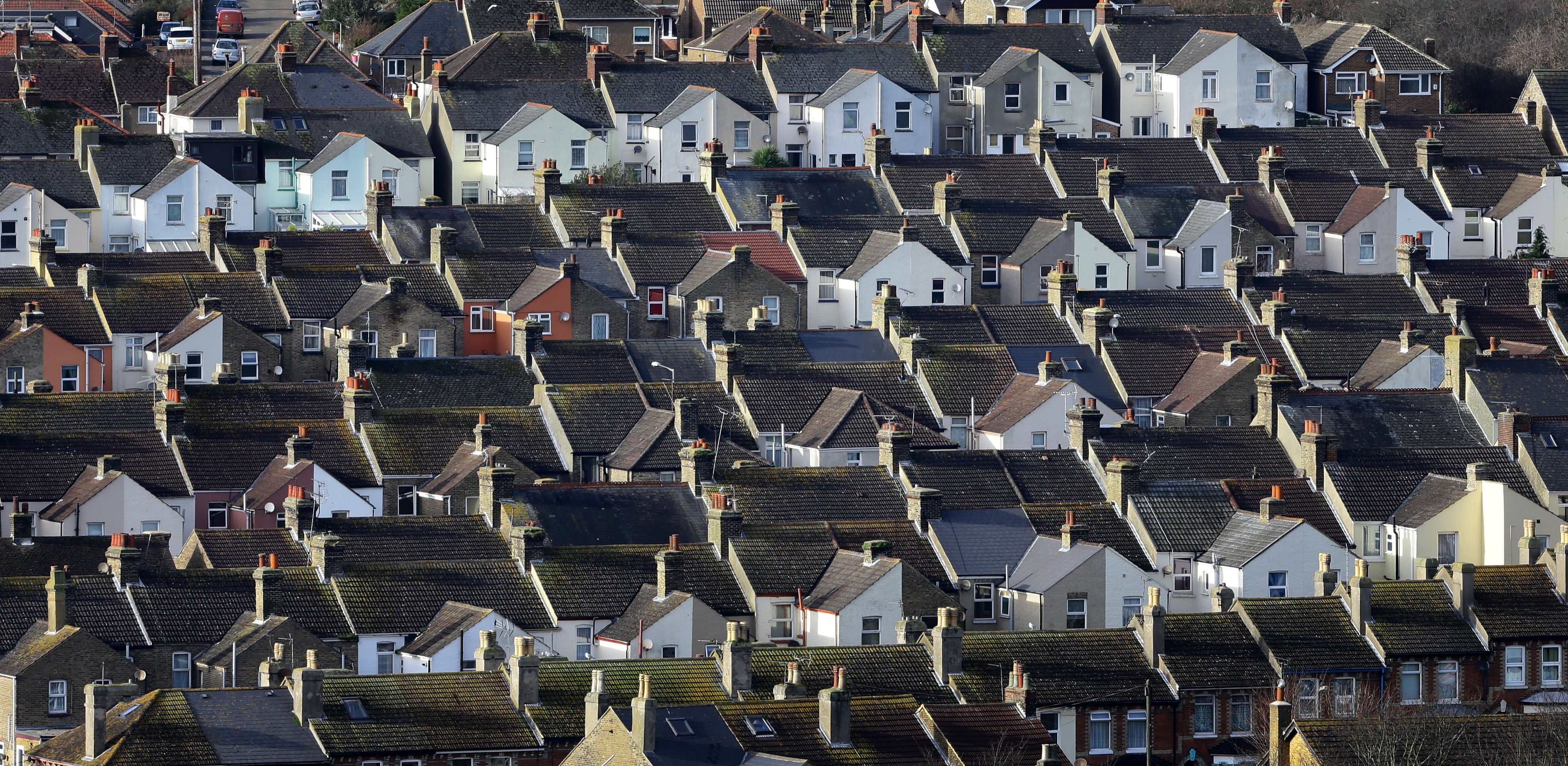This house price boom is going to end one of two ways
While it is oversimplifying somewhat – the broad views are that we are heading for a plateau or a crash, writes Hamish McRae


The house price boom races on and on. The latest twist comes from Halifax, with data showing that the average price for a home in the UK reached £272,992 in November, up some £20,000 on the past year. That is an annual growth rate of 8.2 per cent, while the quarterly change, up 3.4 per cent, is the highest since late 2006. So much for the ending of the stamp duty holiday squashing the housing market.
Where does this all end? The first thing to be clear about is that this is a global phenomenon. According to the most recent tally from estate agents Knight Frank, in the second quarter of this year prices were up 9.2 per cent worldwide, with only two countries – India and Spain – seeing declines. Knight Frank pondered whether the market might be close to its peak, given that global interest rates seemed set to rise. Since that does not yet seem to be happening, perhaps not.
So it is global, and the UK is pretty much middle of the pack. But there are some other issues. One is that a lot of money is being taken out of the market in the form of equity withdrawal. The Bank of England keeps a count of the amount of money people are putting into the housing markets, or taking out. In the run-up to the last housing crash in 2008, people were taking more out, typically by remortgaging homes to raise cash which they spent on other things. Since then they have been piling money in. But at the beginning of this year, the numbers flipped. Once again they have been taking money out.
Why? We don’t really know, and it seems strange given that there is a huge pot of so-called excess savings. There is some £150bn of money that would normally have been spent, but has piled up in bank accounts through the Covid-19 lockdowns. Maybe the more canny investors expect interest rates to rise, and so are grabbing good mortgage deals while they still can and putting the money into something else. Or maybe it is mostly older people that are taking the money out, either to give to their children or to help fund early retirement.
But if we don’t yet know why this is happening, we do know that equity withdrawal is only possible when the banks and other lenders are desperate to make loans. Those conditions have been set by the central banks and monetary authorities around the world. If the central banks set near zero interest rates, even negative ones in the case of the European Central Bank, then it is a bit of a no-brainer to borrow the cheap money and put it into a real asset. For Britons, and it seems for citizens in many other nations, that means a home. And since in the short term, at least, the supply of home is limited, that in turn means higher house prices.
The outcome is that the relationship between house prices and incomes has soared and is now the highest it has been in the UK for more than a century. The investment managers Schroders did a study on this relationship earlier this year. For most of the 20th century home prices varied between four and six times average earnings. But by the end of last year they were more than eight times earnings, and on my back-of-an-envelope calculation, they must be around nine times now. If that is right, it would be the highest since the 1880s. In other words, homes in Britain are less affordable now than for any time in the past 140 years. During the 19th century house prices became steadily cheaper relative to incomes. In the 20th century they were flat. And in the 21st century they have shot up again.
How does it end? Oversimplifying, there are two broad views: plateau or crash. The plateau view is that prices will have to adjust vis-a-vis incomes to something closer to the 20th century range, but that will happen by incomes climbing. House prices will be broadly stable, maybe rise a little in money terms, but average pay will climb more swiftly, so that by 2030 they will be back to a ratio of perhaps six times earnings.
The crash view is that we have been here before. Anyone will longish memories may recall the crashes of the late 1970s and of the early 1990s. And the research group UK in a Changing Europe recently published a report pointing out that in 2008 prices fell from an average of £184,000 in late 2007 to a low of just under £150,000 in early 2009. So at some stage there will have to be a sharp adjustment, but no one knows when.
Which will be more right? No one can possibly know. But I prefer the plateau story... don’t you?



Join our commenting forum
Join thought-provoking conversations, follow other Independent readers and see their replies
0Comments